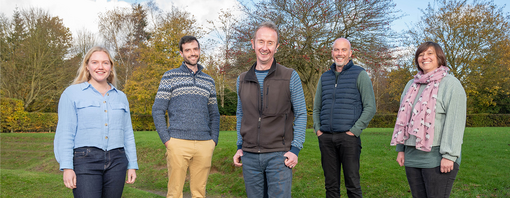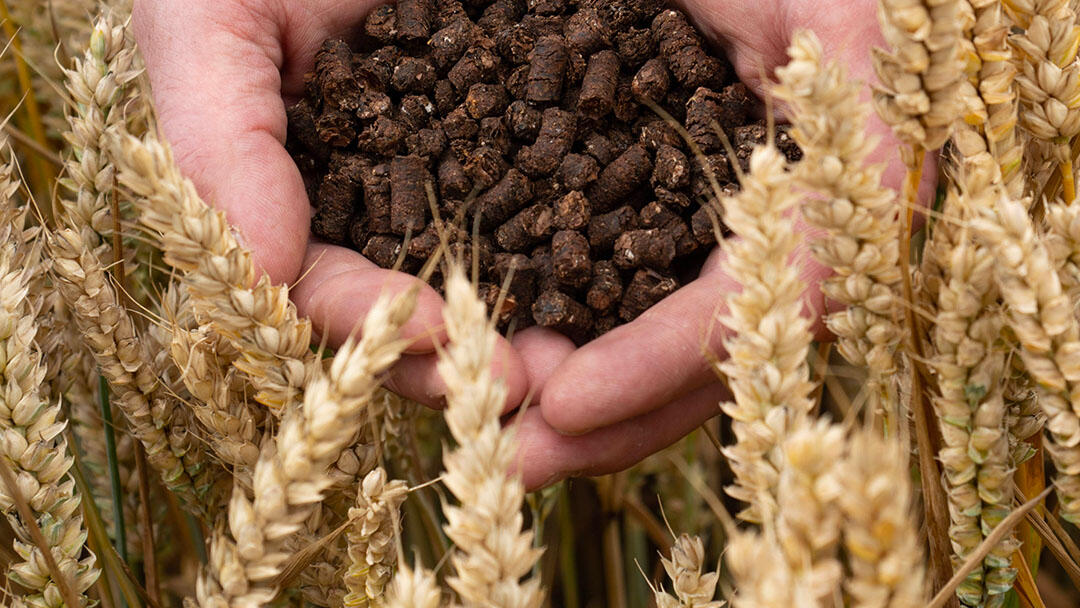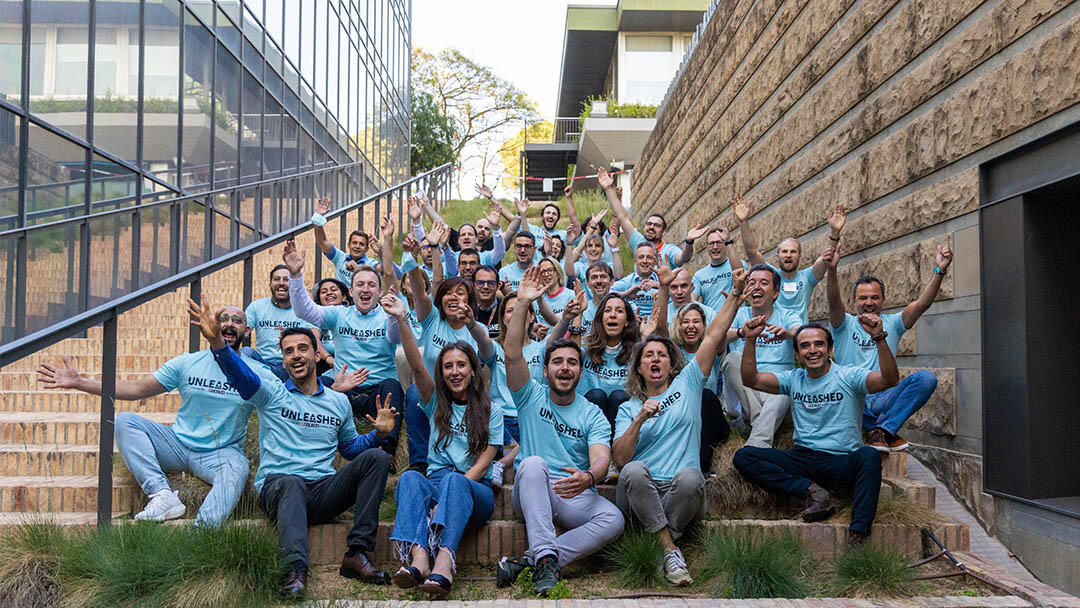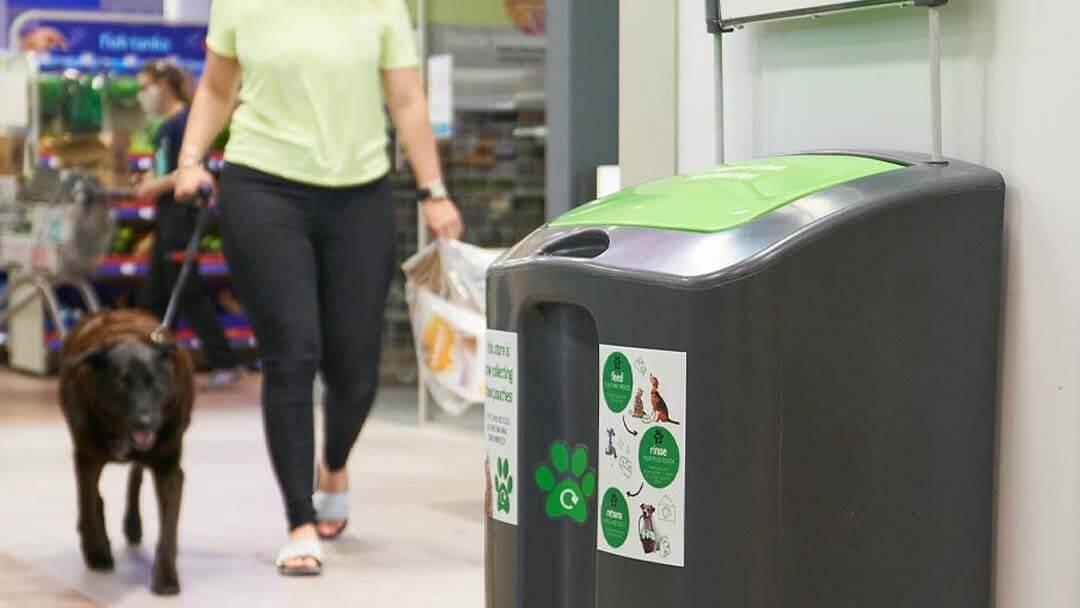LENs secures investment into regenerative agriculture in Yorkshire

Plans to protect and restore the countryside with a pioneering landscape resilience programme have successfully expanded into Yorkshire.
The Landscape Enterprise Networks (LENs) programme, spear-headed by sustainability consultancy 3Keel with Nestlé Purina Petcare as founding partner, has completed its first trading round involving Diageo, Nestlé Purina, and farmers in Yorkshire, making it the sixth region in Europe to host LENs.
Nestlé Purina and Diageo have partnered to invest in measures across almost 700 hectares of arable land in the Selby, Thirsk, Vale of York and Goole areas of the county. The investment will support growers to introduce a wide range of regenerative agricultural practices, including reduced cultivation systems, improving nutrient use efficiency and introducing grazing livestock into the rotation. These aim to deliver multiple benefits including increased soil fertility, reductions in on-farm greenhouse gas emissions, and improving habitat for farmland wildlife.
Through LENs, the companies work with supply chain partners to enhance on-farm sustainability and production resilience, as well as delivering improvements in biodiversity and water quality. Openfield Agriculture, a British farmer-owned co-operative, and Frontier Agriculture, the UK’s leading crop production business, are involved to engage their farmer networks to bid for and deliver the investments.
Alan Sargent, 3Keel’s lead on the project, says: “Yorkshire is a great example of how an engaged network of local experts and stakeholders can work together. Yorkshire Water is supportive of the programme, while the York and North Yorkshire Combined Authority is also helping to loop in local initiatives and organisations to increase the scope and impact of LENs activities.”
The full list of measures in this inaugural trade are:
- Using nitrogren-fixing crops (legumes) in arable rotations
- Adopting reduced/no till cultivation systems
- Using inhibitors with fertiliser to prevent nitrogen loss
- Integrating organic manure into fertiliser regimes
- Introducing grazing livestock into arable rotations to promote holistic mixed-farming systems
- Establishing cover crops in the autumn to prevent nitrogen and water run off
- Spring cropping over multiple years to allow time in the calendar for over-wintered cover crops
Most measures will be implemented by participating farmers over 2024, some practices will extend over a five-year period. The ecological impact of these measures will also be monitored, through the LENs Monitoring, Reporting and Verification programme, alongside their implementation.
Preparation for a second round of trading, which will expand the network with new partners, farmers and more hectares of measures, is underway now and is expected to be contracted by summer 2024.







